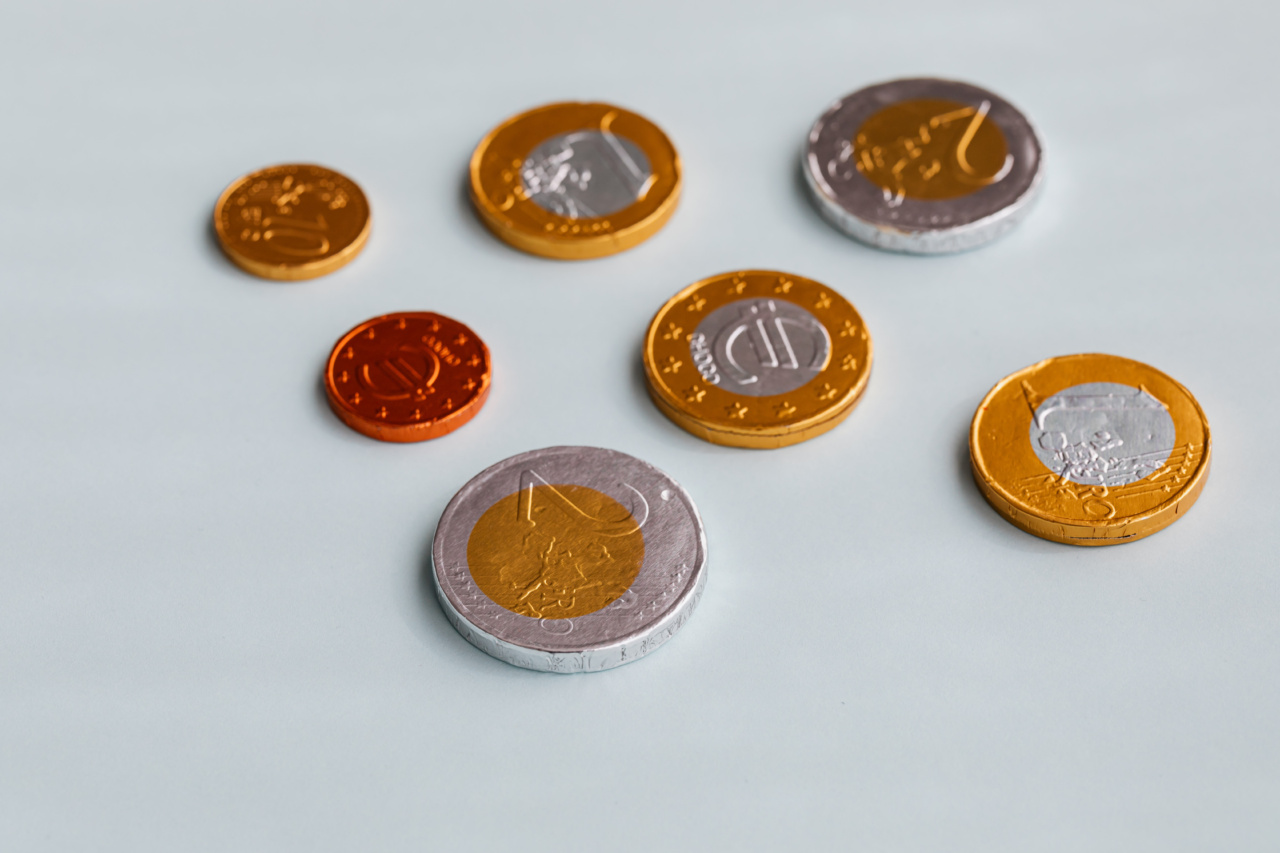Food has always been an integral part of human existence. From the early days of hunting and gathering to the modern world of convenience, food has evolved into a cultural, social, and personal experience.
However, with the rise of diet trends, restrictive eating patterns, and an overwhelmingly vast amount of information about nutrition, it can be challenging to navigate the realm of food without hesitation. In this article, we will explore how to enjoy your meals – whether big or little – without any guilt or reservations.
1. The Rise of Diet Culture
In recent years, there has been a significant rise in diet culture, fueled by the desire to attain a certain body shape or size.
With countless fad diets promising quick results, it is easy to get caught up in the cycle of restrictive eating and disordered behavior. However, it is important to remember that these diets are often unsustainable and can lead to negative physical and mental health outcomes.
2. Rejecting the Idea of “Good” and “Bad” Foods
One of the first steps towards chowing down without hesitation is to reject the notion of “good” and “bad” foods.
Labeling foods as such only perpetuates a negative relationship with eating and reinforces a cycle of guilt and shame. Instead, it is essential to view all foods as part of a balanced diet and allow yourself to indulge in your favorite treats without any judgment.
3. Practicing Mindful Eating
Mindful eating is a powerful tool that allows us to fully experience and enjoy our food while fostering a positive relationship with eating.
By focusing on our senses and paying attention to the flavors, textures, and aromas of our meals, we become more attuned to our body’s hunger and fullness cues. This, in turn, enables us to honor our cravings and maintain a healthy balance.
4. Embracing Intuitive Eating
Intuitive eating is a philosophy that encourages individuals to listen to their bodies and trust their internal cues when it comes to food choices.
It involves honoring hunger, respecting fullness, and making food choices based on satisfaction and pleasure rather than strict rules or external pressures. By embracing intuitive eating, you can let go of the rigidity of diets and foster a healthier relationship with food.
5. Finding Joy in Movement
Physical activity is an integral part of a healthy lifestyle but should never be used as a form of punishment for enjoying food.
Instead of viewing exercise solely as a means to burn calories, find joy in movement by engaging in activities that you genuinely enjoy. Whether it’s dancing, hiking, or practicing yoga, exercising for pleasure rather than obligation helps create a positive mindset towards nourishing your body.
6. Educating Yourself about Nutrition
While it is essential to reject the strict rules of dieting, educating yourself about nutrition can be empowering.
Understanding the basics of macronutrients, micronutrients, and the importance of a balanced diet can help demystify food and make more informed choices. However, it is crucial to approach this education with an open mind and not let it dictate your eating patterns or restrict your food choices.
7. Surrounding Yourself with Positive Influences
Social influences play a significant role in our food choices and attitudes towards eating.
Surrounding yourself with positive influences, such as friends who have a healthy relationship with food or following body-positive influencers on social media, can help shift your mindset towards embracing all types of food without guilt or hesitation.
8. Avoiding Comparison Trap
In the age of social media, it is natural to compare ourselves to others, especially when it comes to body image and food choices. However, falling into the comparison trap only leads to feelings of inadequacy and self-doubt.
Remember that everyone’s journey with food is unique, and what works for someone else may not work for you. Embrace your individuality and focus on nourishing your body in a way that feels right for you.
9. Seeking Support if Needed
If you find yourself struggling with your relationship with food, seeking support from a registered dietitian, therapist, or counselor can be immensely helpful.
These professionals can guide you towards a healthier mindset, assist in challenging any negative beliefs about food, and provide personalized strategies to overcome barriers towards intuitive eating and self-acceptance.
10. Celebrating Food as a Source of Joy
Above all, it is crucial to celebrate and enjoy food as a source of joy and nourishment. Food is not merely fuel but also a way to celebrate culture, connect with loved ones, and experience pleasure.
By cultivating a positive and healthy relationship with eating, you can chow down on all types of meals, big or little, without hesitations or regrets.































